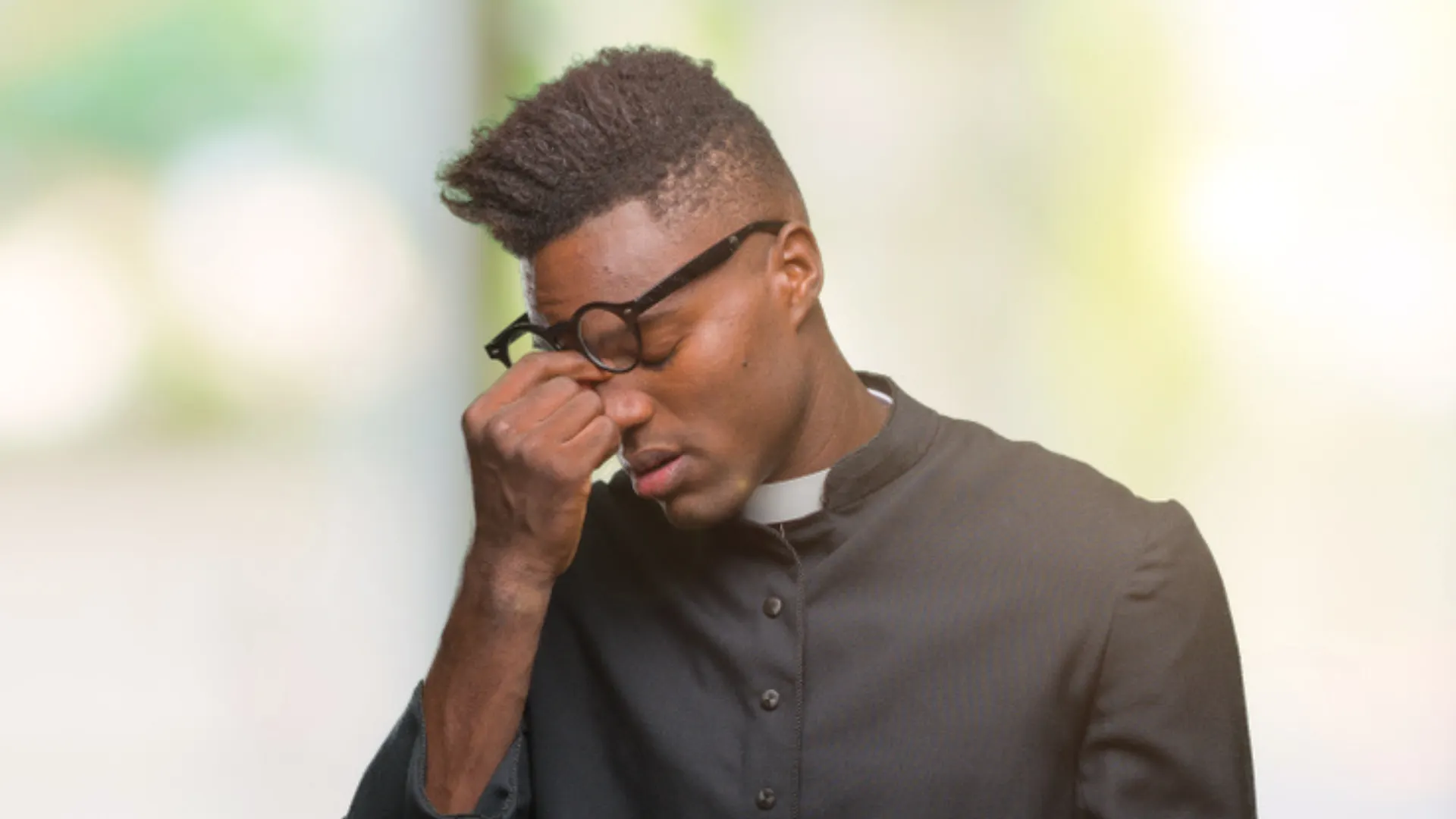Is Prayer Ok in Coaching?
There are many different reasons why counselors and coaches have chosen to work in this field. Most agree that we are among those that find it difficult to sit back and watch as people suffer in silence, especially when people are crying for help.

In answering this call to help, we often find that our clients are in need of what we all need, which is love, compassion, and a listening ear. But have you also considered that maybe their greatest need is prayer?
Prayer can present a problem in the counseling and coaching session if your client is not of similar faith. I am a Christian, and I often counsel people who are not Christians. As a professional, I understand that my religious beliefs are not the point of the sessions. My primary goal and concern are to help my client navigate through the trauma. However, as a Christian, my religious belief does guide my thoughts and behaviors during the sessions.
In his book, Psychology, Theology, and Spirituality, the question is asked by Dr. Mark McMinn whether counselors should pray with clients, and his reply indicates that maybe this was the wrong question to ask. Instead, he wants us to question what form of prayer to use and under what circumstances. Given this as a reference, you should be aware of the prayers with the least potential of risk in a session. According to McMinn, praying silently, prayer as homework, and intercessory prayer are all on this list.
I always pray silent prayers for myself and my clients during and after sessions. There are various techniques that counselors and coaches can use when there are exceptionally emotional periods. However, sometimes I ask if it is ok for me to pray with them, and the answer is always in the affirmative. I receive this as a good sign because people don't normally pray unless they believe that there is a potential that God does exist, and if He does exist, then God must care and have the power to help the situation.
My final thought relates to a warning on how the spiritual intervention of prayer in counseling can magnify the appearance of an unethical coercion along with the appearance of an inappropriate value imposition. While we have to be mindful of our ethical obligation to the profession, I feel justified in standing up and making the argument that I, as a Pastor, Christian Counselor, and Life Coach, have an obligation to engage my clients differently than a traditional therapist.









